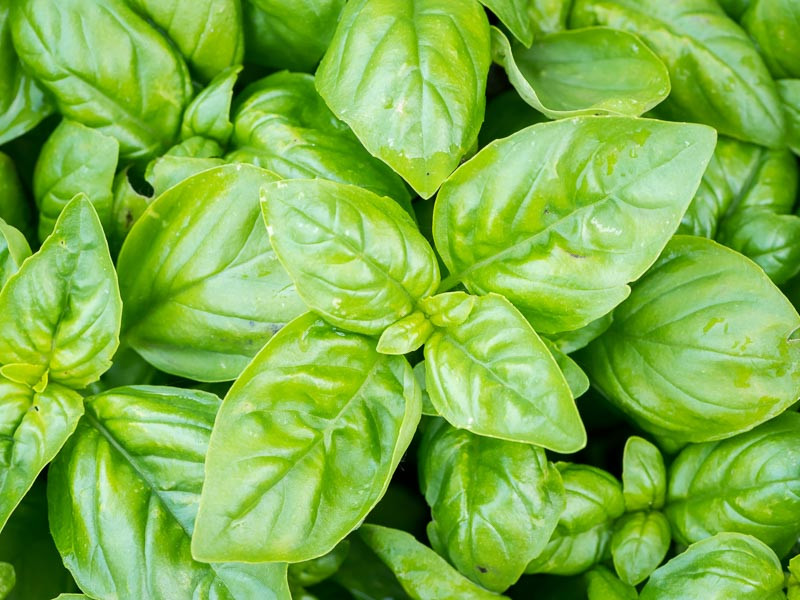Ocimum (Basil)
Ocimum (Basil) are aromatic annuals, evergreen perennials or shrubs with simple aromatic leaves and spikes of lipped white or pinkish flowers arranged in whorls. Used extensively in European and Asian cooking, Sweet Basil is one of the most popular herbs for growing at home, both in gardens and containers. Reflecting its popularity, there are many varieties to pick from in terms of size, leave, foliage color or flavor, including clove, lemon, lime, anise, spice, cinnamon and thyme. Easy to grow, Basil is an excellent addition to the herb garden and a valuable addition to the vegetable garden. Basil also provides some health benefits: it contains many vitamins and minerals, as well as antioxidants and essential oils.

